
Paperback, 46 pgs.
I am an Amazon Affiliate
Watchman, What of the Night? by W. Luther Jett is a collection that records events as they happen, yet asks the reader to consider what could be done to modify current outcomes and change fate. Opening the collection with “The Builders,” Jett reminds us of all those who have come before us, who have build the societies in which we live and who have left us now responsible for its direction. We cannot simply be the watchman on the sidelines; we must be active participants.
Yet, even in the early poems, like “With an Army at Our Gates,” Jett points to those who still maintain their routines even when things are dire: a mother calling children in to lunch, someone running to the subway, and a man washing his socks. It is to say that life continues on as it has even when danger is ever present. Is this our way of ignoring the danger? Coping with it? These are just some of the questions we should consider.
A War Story Here is the book with torn pages. Only half remains to be deciphered. And here is the house with burnt rooms, and a few fading photos scattered across the floor. And here, here — Forgive me but these are my bones. This is the face I was using Wrap them all tenderly. Sing of me as you sleep.
There is much to lament in this collection, but there could be hope at the edges that we can change and move in a better direction as a society. This is particularly evident in “Promise” when the snow falls and covers “all that was” and a “a new world/revealed.”
Watchman, What of the Night? by W. Luther Jett traverses history and the present, outlining the struggles of people and even though they may not impact us directly, they are a symptom of societal neglect. Like watchman we stand too idle on the sidelines (complaining, shaking our heads, etc.) and doing little to effect change. Perhaps we need to step down from that watchman’s post and into the fray.
RATING: Cinquain
Other Reviews:
About the Poet:
W. Luther Jett is a native of Montgomery County, Maryland and a retired special educator. His poetry has been published in numerous journals, such as The GW Review, Beltway, Potomac Review, and Little Patuxent Review as well as several anthologies, including My Cruel Invention and Proud to Be. His poetry performance piece, Flying to America, debuted at the 2009 Capital Fringe Festival in Washington D.C. He has been a featured reader at many D.C. area venues. He is the author of two poetry chapbooks: Not Quite: Poems Written in Search of My Father, released by Finishing Line Press in 2015, and Our Situation, released by Prolific Press, 2018. A third chapbook Everyone Disappears is now on sale, to be released in late November, 2020. Kelsay Books will be releasing Luther Jett’s fourth chapbook, Little Wars, in June 2021.
Enter the Giveaway:
Leave a comment with your email by Dec. 10, 2022, for a chance to win 1 copy of Watchman, What of the Night?



























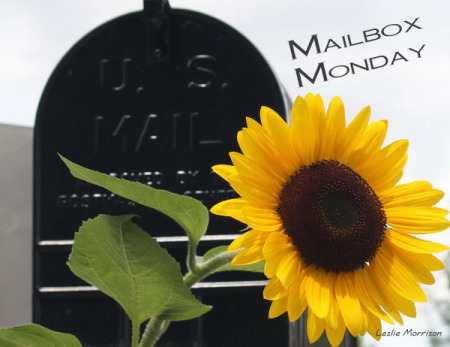

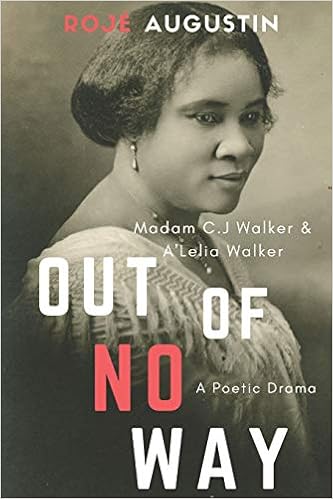
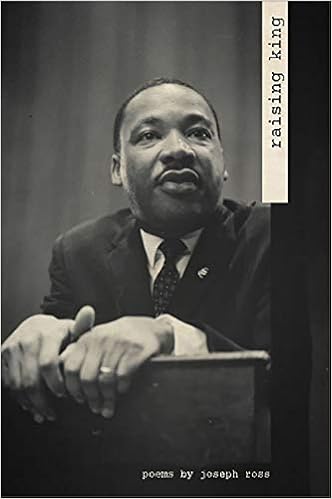


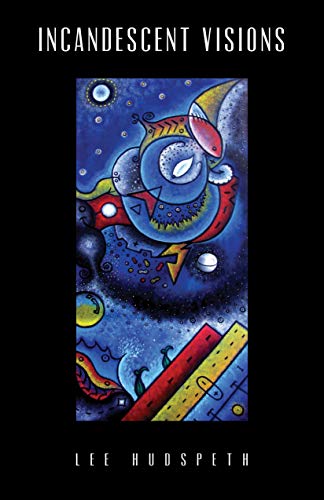
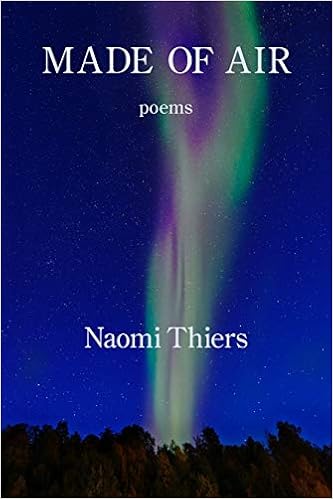



 About the Poet:
About the Poet:




